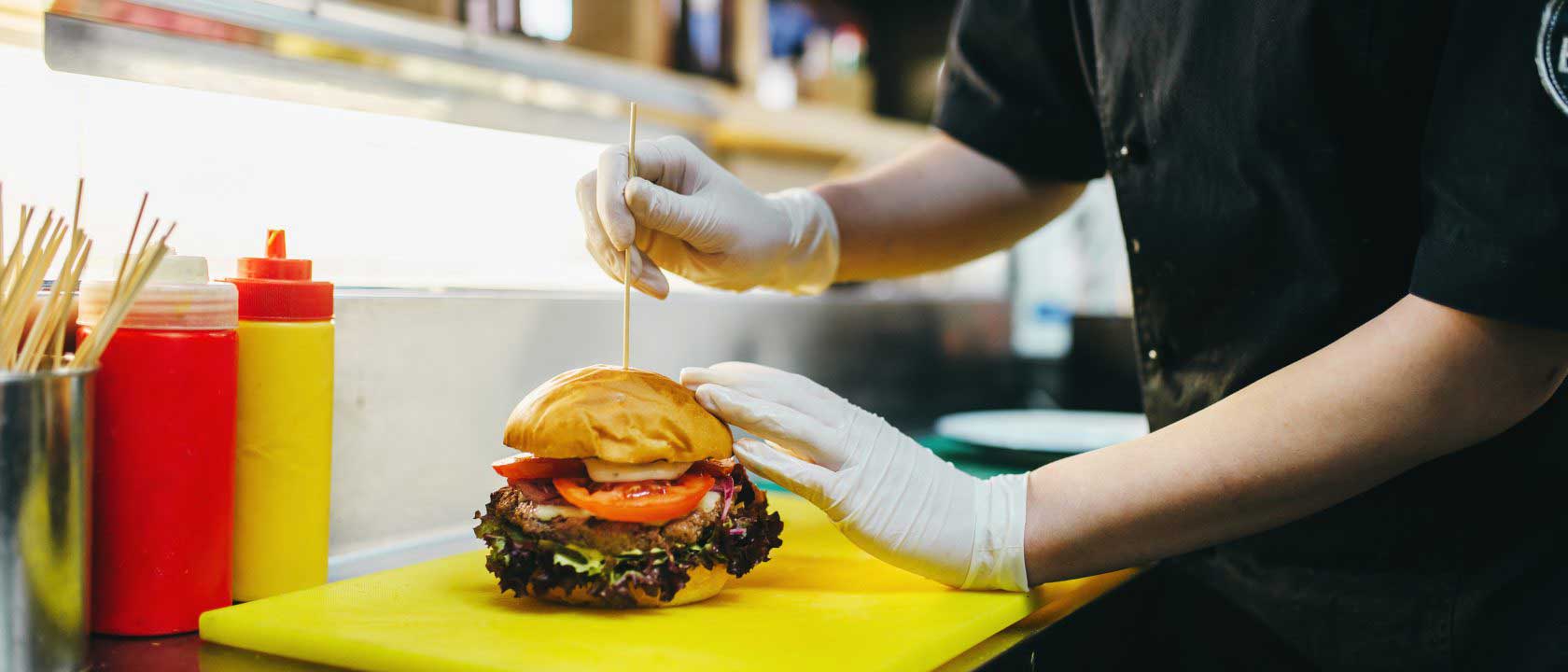
- Labor-management deals with the relationship between employers and workers.
- Through franchising, many corporations shift the burdens of labor-management on franchise owners.
- Use your purchasing power to make a difference!
Labor Management
In September of 2019, MSCI released the results of an analytical study is completed on the restaurant industry. The study looked at corporate governance, raw material sourcing, labor management, product safety & quality, and plastic waste management. As restaurants line the streets of our cities, we thought it was important for us to analyze and breakdown this paper. Knowledge is power. This blog will be focusing on the labor-management section of the report.
Labor management relates to the relationship between the workers and executives of a company. What benefits do employees get? Are employees unionized? Are there options available for professional development? The MSCI ranked each restaurant or restaurant group in one of two categories for risk and management. Low-risk categorization entailed having less than a quarter of employees in regions effected by labor unrest. In addition, those in this category had a stable number of employees below the average industry size workforce. High risk means that only a quarter of employees aren’t in situations typically effected by labor unrest. Also, employees are subject to constant layoffs/turnover. The weak management category was characterized by a lack of permanence incentives and a lack of professional training. Strong management entailed a robust benefit system, positive employee engagement, professional development opportunities, and strong relations between employer and labor representatives.
Results
None of the restaurant bodies analyzed scored very high in strong management and were categorized as low risk. Due to the nature of the fast-food industry and its heavy utilization of low-skilled workers, nearly all were categorized as high risk. Notable players in this category were Starbucks, McDonald’s, and domino’s pizza. The relatively high performers were Chipotle and McDonald’s Japan which had an average level of management but was surprisingly low risk.
Franchising
The report also looked at the amount of large umbrella restaurant corporations that utilize franchising. Franchising bodes well for these large corporations but not for workers. The large corporations get steady incomes from franchises while avoiding a lot of the responsibility of worker benefits. Franchise managers/owners have to deal with worker wages and benefits. In these schemes, workers don’t typically gain anything from positive performance while shareholders reap nearly all the benefits. The MSCI ESG report specifically named McDonald’s andYum! Brands as two of the highest-franchising chains. Mcdonald’s and Yum! Brands are the larger bodies that operate Mcdonald’s, KFC, Pizza Hut, Taco Bell, and Wingstreet.
Taking a stand!
Despite the enormous amount of workers in the restaurant industry, in many situations, they lack a powerful voice or advocate. Through our purchasing power as consumers, we can all try to support the positive treatment workers worldwide. Join Physis today to help move the world towards a sustainable future.
Sources:
MSCI ESG’s “Restaurants Industry Report”
